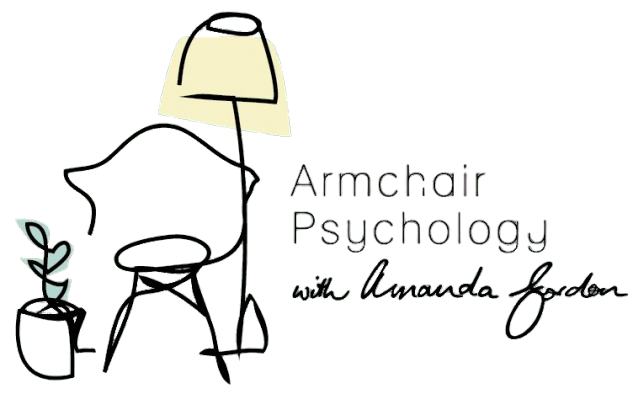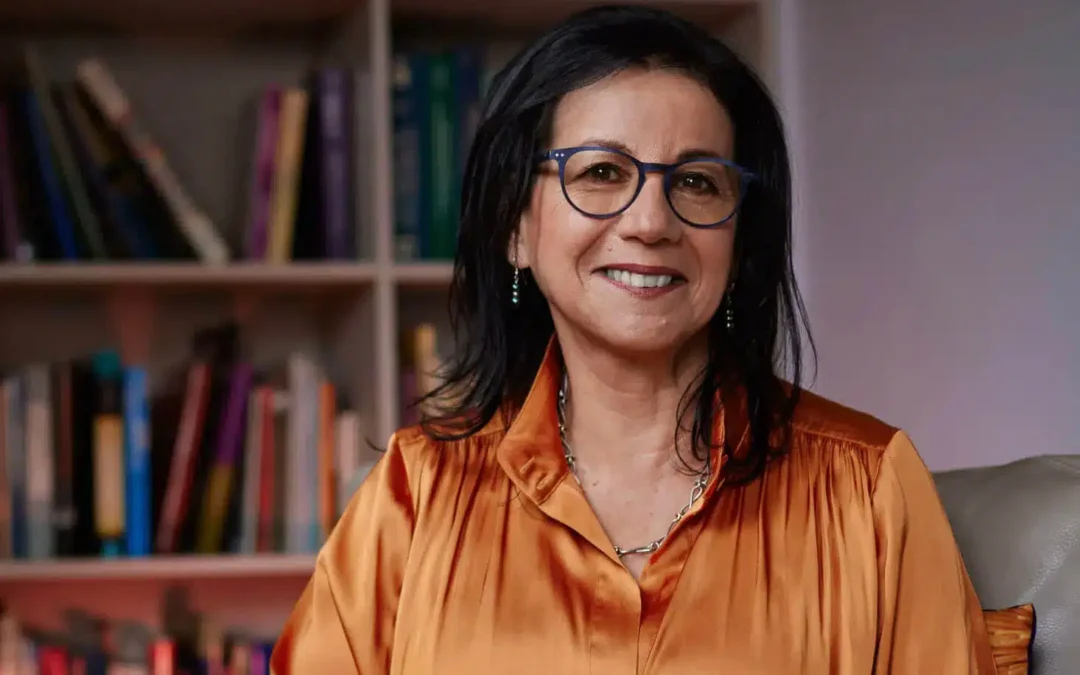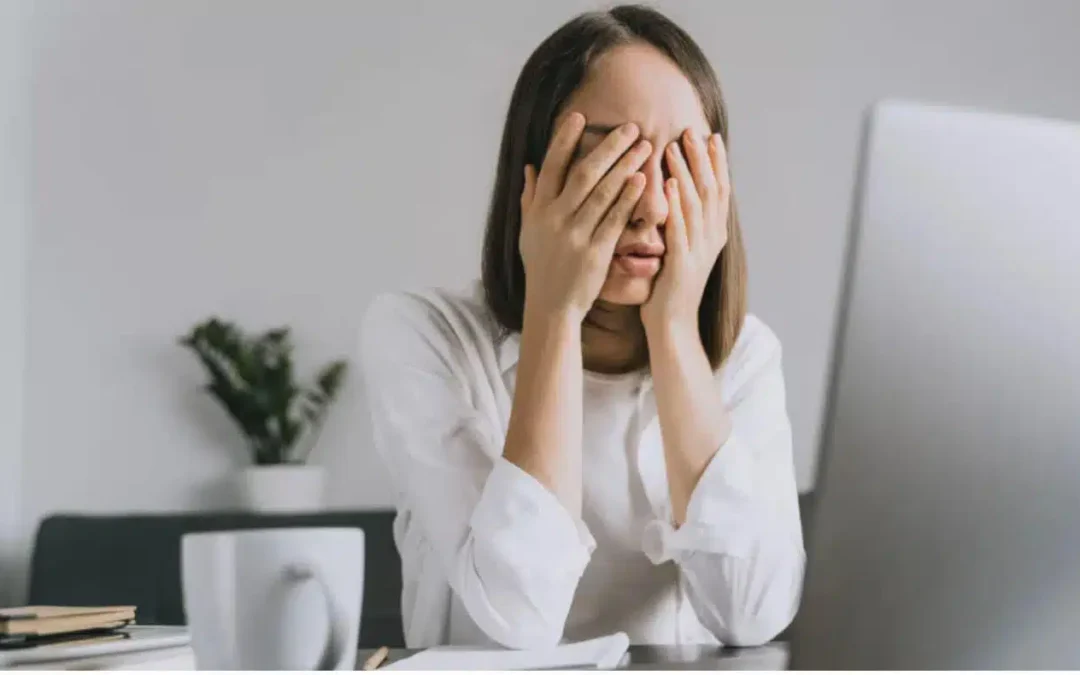“The older we get, the more we become settled in ourselves, and the more authentically we can connect with others.” Amanda Gordon, Clinical Psychologist.
Our elder years can be an exciting time; a time where we get to experience some of life’s greatest moments, such as witnessing your children become adults, rejoicing in your grandchildren and retiring from work. However, it can also come with its fair share of hardships, and at times it can be challenging to stay mentally strong and healthy.
As we transition into the later stages of our lives, additional factors can impede upon the process of maintaining our health. In particular, our bodies become weaker, and require more care and attention than they did in our 20s. As our physical health and mental health are intrinsically linked, protecting and taking care of yourself is essential.
Living a balanced lifestyle is vital to staying healthy. Here are some simple yet often under-appreciated tips to help you get the most out of your life.
Appreciate the simple things
It is very easy to create a to-do list and just push through daily, without too much thought. However, stopping to smell the roses, notice the sun on our faces, breathe in the fresh air, will add joy to our lives and help us put the world in perspective. As we get older, we may move a little more slowly. That’s a good thing – as we slow ourselves we can move more purposefully and mindfully through our days, and breathing out will remind us of the pleasures of just being.
Move your body
Exercise brings with it numerous benefits for your physical health. It is proven to reduce the risk of chronic illness and disease, and lower the risk of falling by improving coordination and balance. But did you know that it also plays a big role in improving your mental health?
Exercise causes a natural release of endorphins and serotonin in the brain. These are chemicals that make you happy. In the release of the chemicals, exercise can help you manage stress and regulate your mood, as well as improve your quality of sleep. A good mood enables you to think more clearly and better appreciate what life has to offer.
The key to reaping these benefits is to move your body regularly. I walk, I dance and I practice pilates to maintain strength. Remember it is important to listen to how your body feels and adjust your routine in order to minimise the risk of injury. Embrace walking, stretching and low intensity repetitions as these will help you get exercise into your day in a way that is manageable. Adding a social aspect by exercising with a friend is also a great way to stay connected.
Do not feel pressured to exercise in a certain way, just do whatever works best for you and enjoy the extra time you have in your life to be active.
Eat balanced, healthy meals
Poor nutrition can affect everything from your energy levels, to your moods, to how long it takes for you to recover from an illness.
The link between healthy eating and good mental health is strong. A balanced diet has been proven to help people deal with stress, more effectively regulate their emotions and get a good night’s sleep.
I now relish in taking the time to cook a delicious, yet healthy meal. Food preparation and cooking is a delightful ritual you can enjoy with your partner or a friend, and can help to ensure you are eating a balanced diet. We all know by now, a diet full of colourful vegetables, lean meats, oily fish, legumes, nuts and seeds along with the essential elixir of life, water, is the best type of nutrition for us.
Get Enough Sleep Every Night
Sleeping difficulties are a completely normal part of ageing. You may find that you start enjoying going to bed earlier and as a result wake up earlier as well. This is because as we get older, our circadian rhythms start to deteriorate.
This is not something to be fearful of, as it just means that you will need to start prioritising sleep patterns. Avoiding technology in the hours before bed, not eating too close to bedtime and skipping late night drinks, will prepare you better for sleep.
I believe sleep is one of the biggest assets for ensuring good mental health. It is our natural reset button. A time where we can truly rest and recoup our energy, but the time as we go off to sleep is also a time for reflection, to process the events of our day.
Build and maintain your connections with others
Retirement from work can lead to a reduction in interactions with others. Ensure that you maintain important connections, whether they be with family members, or your extended network. Spend time growing your world with your peers and with the younger generations, giving of your wisdom and expanding your heart.
Live each day mindfully, with awareness of your body moving through the world, and your mind engaging with ideas and others.
Amanda Gordon is a Clinical Psychologist with over 30 years experience at Armchair Psychology based in the Eastern Suburbs of Sydney. Highly relatable, Amanda is experienced in helping people deal with the full range of life crises, including managing relationships, coping with grief and loss, dealing with stress and managing change. She works with individuals, couples and families, helping them enrich their lifestyle and their effectiveness in the world.
Armchair Psychology specialises in adult psychology services. If you feel that your mental health could benefit from our help, reach out for a free 10 minute chat today.






















